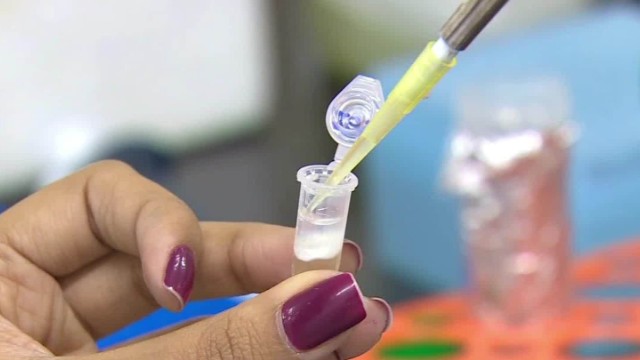
Super bacteria found on Rio beaches, Olympic venues
cnn.com - by Flora Charner - July 5, 2016
Rio de Janeiro (CNN)A group of Brazilian scientists has detected a drug-resistant bacteria growing off some of Rio de Janeiro's most stunning beaches, in research being published a month before the city hosts the 2016 Olympic Games.
According to lead researcher Renata Picao, the "super bacteria" entered the city's waterways when sewage coming from local hospitals got channeled into the bay.
"We have been looking for 'super bacteria' in coastal waters during a one-year period in five beaches," Picao told CNN during a visit to her lab. "We found that the threats occur in coastal waters in a variety of concentrations and that they are strongly associated with pollution."
The samples were collected between 2013 and 2014. The superbug found was carbapenem-resistant Enterobacteriaceae, or CRE.
Picao said there is no reason to believe the levels have changed because raw sewage continues to flow into many waterways.
(READ COMPLETE ARTICLE)
ALSO SEE RELATED ARTICLES WITHIN THE LINKS BELOW . . .
Recent Comments